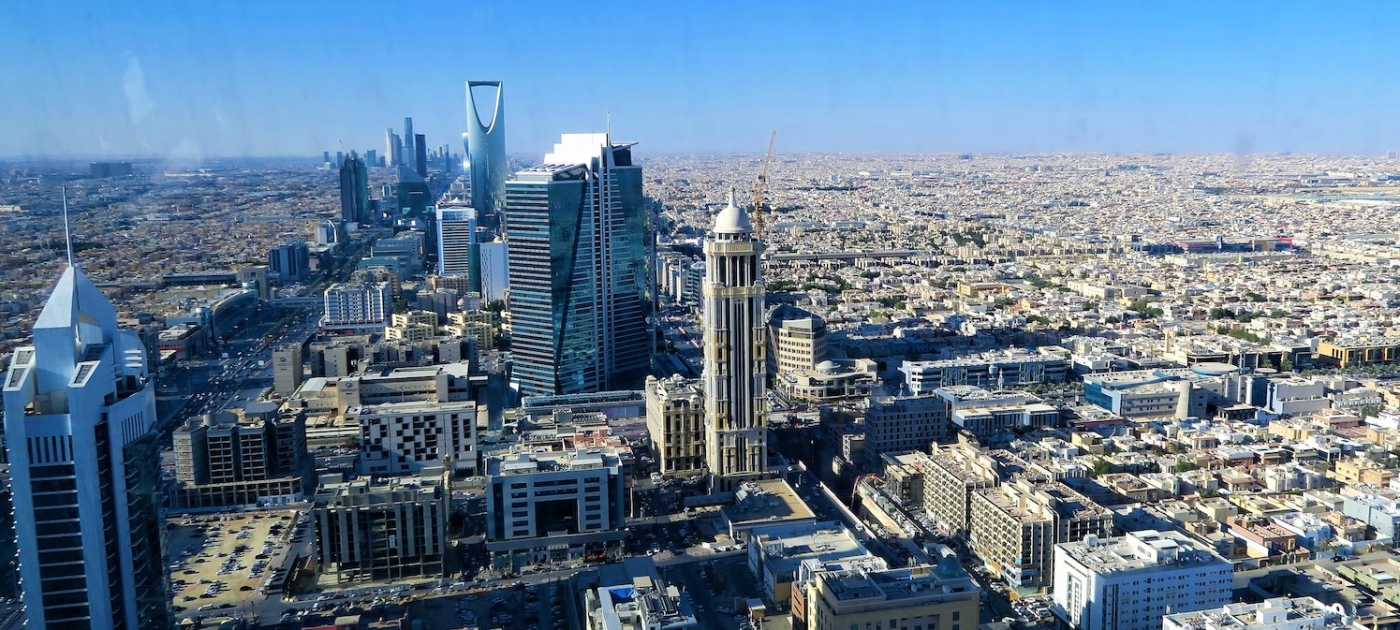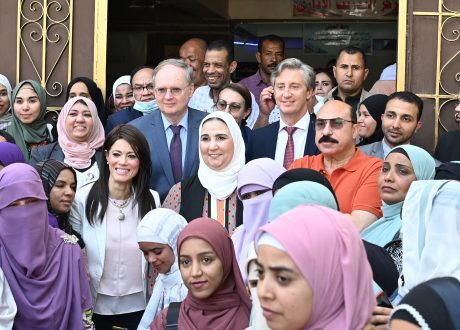
EBRD, EU, GCF allocate $4 m to boost green investments in Jordan
The European Bank for Reconstruction and Development (EBRD), the European Union (EU) and the Green Climate Fund (GCF) decided providing a financing ...

Executive Director of the United Nations Environment Program (UNEP) Inger Andersen highlighted that land restoration increases carbon storage and slows climate change. Restoring just 15 percent of land and halting further conversation could avoid up to 60 percent of expected species extinctions.
Land restoration can reverse the creeping tide of land degradation, drought and desertification. Every dollar invested in restoration can bring up to $30 in ecosystem services. Restoration boosts livelihoods, lowers poverty and builds resilience to extreme weather, she underlined.
She made the remarks within the framework of preparations for World Environment Day, which this year is being hosted by the Kingdom of Saudi Arabia on the 5th of June.
There is real hope. Countries have promised to restore one billion hectares, an area larger than China. If they deliver, this will be huge.
Through World Environment Day and through hosting the UN Convention to Combat Desertification’s conference of the parties this December, the Kingdom of Saudi Arabia can build momentum and action towards these restoration goals, slow climate change, protect nature and boost the livelihoods and food security of billions of people around the world.
The 2024 day is focusing on land restoration, desertification and drought resilience. As a nation facing degradation, desertification and drought, the Kingdom of Saudi Arabia is deeply invested in delivering solutions. The Kingdom is acting nationally and regionally through the Saudi Green Initiative and the Middle East Green Initiative. And it is acting globally, as we saw when the Saudi presidency of the G20 resulted in the adoption of the Global Land Restoration Initiative.
Such action and leadership are vital as we face a worrying intensification of the triple planetary crisis; the crisis of climate change, the crisis of nature and biodiversity loss, and the crisis of pollution and waste. This crisis is placing the world’s ecosystems under assault.
Billions of hectares of land are degraded, affecting almost half of the world’s population and threatening half of global GDP. Rural communities, smallholder farmers and the extremely poor are hit hardest.
“But we must also end the drivers of land degradation, drought and desertification, such as climate change. Last year, temperatures records were shattered. Much of the world felt the impacts, not just in heat but in storms, floods and drought. Restoring land without tackling climate change would be like giving with one hand and taking away with the other, so G20 nations must show leadership across the whole climate agenda – as the Kingdom has done and continues to do on land restoration,” she said.
The European Bank for Reconstruction and Development (EBRD), the European Union (EU) and the Green Climate Fund (GCF) decided providing a financing ...
Etisalat Egypt e& – a pioneering company in the field of communications and IT – ...
Egypt’s Ministry of Social Solidarity, the United Nations Development Program (UNDP) and the European Union ...


اترك تعليقا